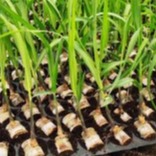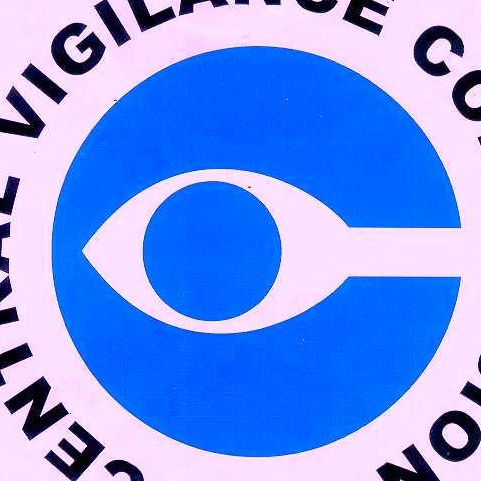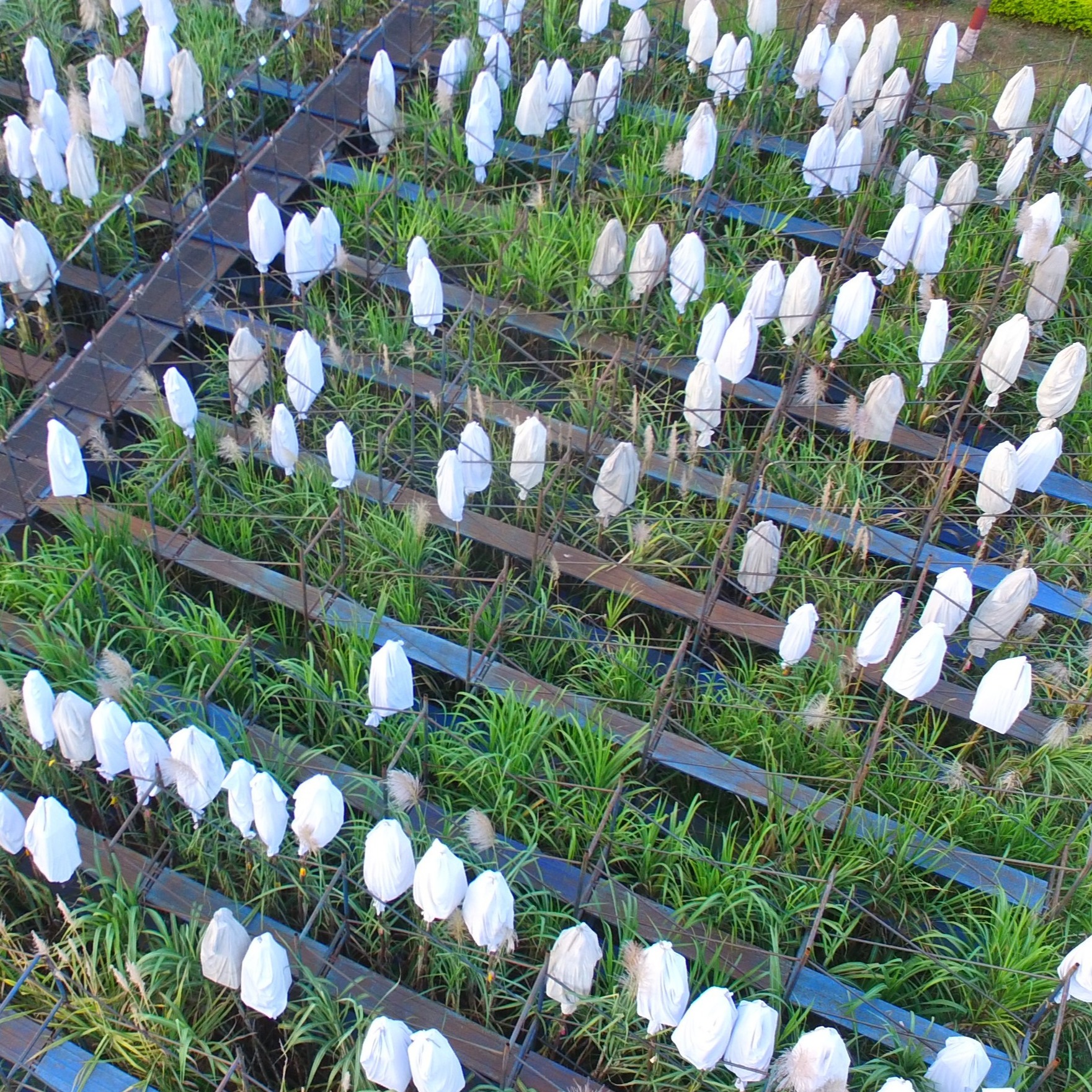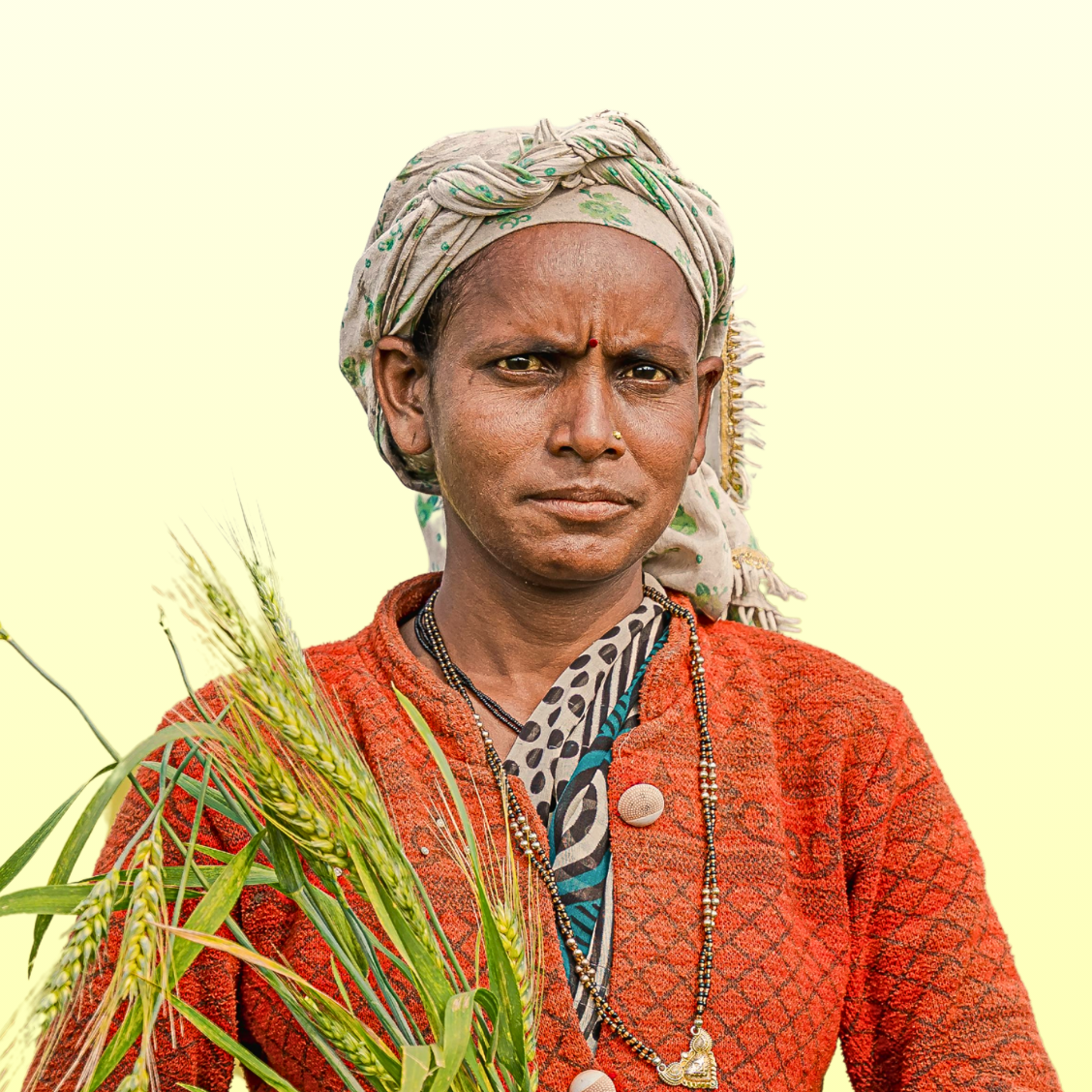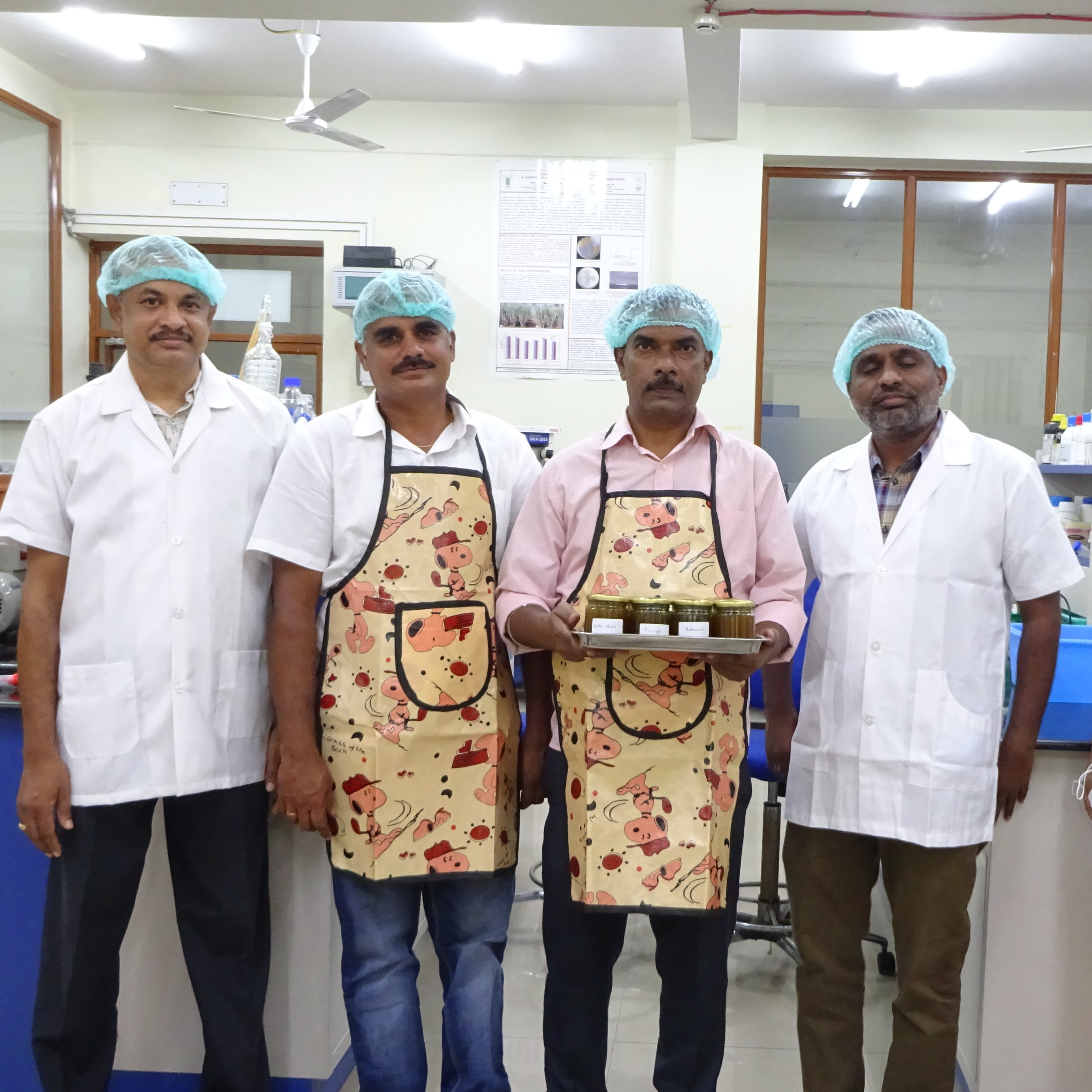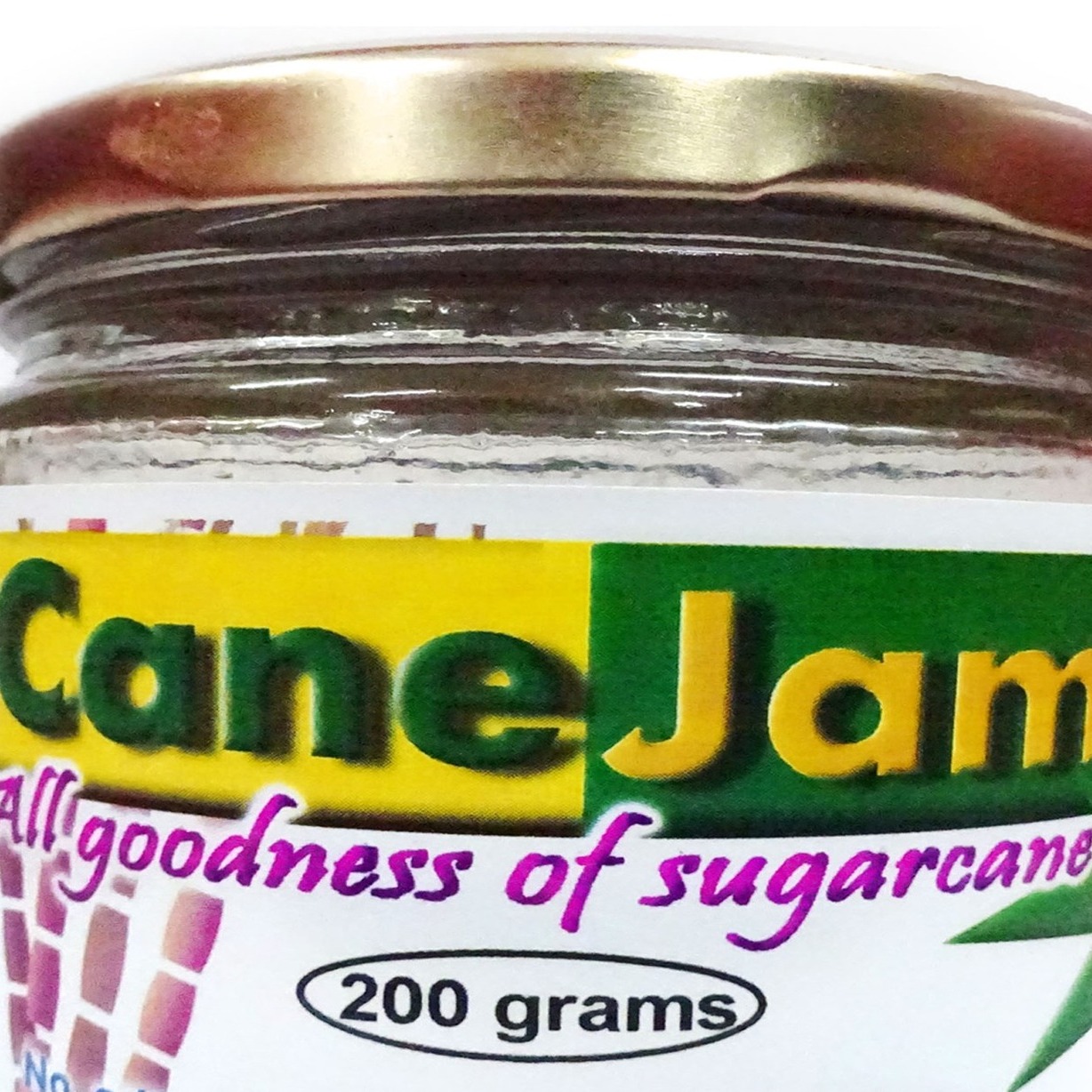Achievements
Key Achievements of SBI
Inter-specific Hybridization: SBI pioneered the technique of inter-specific hybridization by crossing cultivated sugarcane (Saccharum officinarum) with wild relatives like Saccharum spontaneum. This innovation led to the development of varieties with improved yield, sugar content, disease resistance, and adaptability.
Development of ‘Co’ Series Varieties: The institute has developed and released over 2900 ‘Co’ (Coimbatore) series sugarcane varieties. These varieties have formed the backbone of sugarcane agriculture in India for over a century.
Pioneering Sugarcane Breeding:
Co 205 (1918): The first commercially successful inter-specific hybrid, which increased cane yield by about 50% and revolutionized sugarcane cultivation in India and other countries
Co 419: A highly adaptable and popular variety in the mid-20th century.
Co 740: Another widely grown variety known for its high sugar content and yield, especially in tropical regions.
Co 86032 (Released around 1996-2000): This variety currently occupies a significant portion of the sugarcane area in tropical India due to its high yield and sugar recovery.
Co 0238 (Karan-4, Released around 2012): A high-yielding and early-maturing variety popular in the subtropical north-west zone.
Co 0118 (Karan 2, Released around 2009): Another early-maturing and high-yielding variety for the north-west zone, known for drought and waterlogging tolerance.
Revolutionary Varieties
ICAR-SBI maintains the world’s largest collection of sugarcane germplasm at its research center in Kannur. This invaluable resource comprises a diverse range of cultivated and wild sugarcane species, crucial for future breeding programs aimed at addressing various challenges like climate change and disease resistance
Germplasm Conservation:
Modern Breeding Techniques: The institute has adopted and implemented modern biotechnological tools such as tissue culture, molecular markers, genomics, and genetic engineering to enhance the efficiency and precision of sugarcane breeding.
Sugarcane Transgenics: ICAR-SBI was the first institute in India to develop transgenic sugarcane.
Sett Treatment Technology: ICAR-SBI, in collaboration with the Central Institute of Agricultural Engineering, developed a sett treatment device for preventing fungal diseases in sugarcane setts, improving germination and crop establishment.
Biopesticide Formulation: The institute has developed ICAR-SBI EPN biopesticide formulation for sustainable pest management in sugarcane.
Value-Added Products and Processes: ICAR-SBI has also developed technologies for producing value-added products from sugarcane, such as freeze-dried sugarcane juice, liquid jaggery, cane jam, and cane dietary fiber.
Technological Advancements:
Increased Productivity: The improved sugarcane varieties and production technologies developed by ICAR-SBI have significantly increased sugarcane productivity in India, contributing to the growth of the sugar industry and the national economy.
Enhanced Farmer Income: Higher yields and better quality cane have translated into increased income for sugarcane farmers across the country.
Adaptability to Diverse Agro-climates: SBI has developed varieties suitable for various agro-climatic zones in India, ensuring stable sugarcane production in different regions.
Climate Resilience: Recognizing the impact of climate change, the institute is actively involved in breeding climate-resilient sugarcane varieties that can withstand stresses like drought, waterlogging, and salinity.
Contribution to National Economy and Farmer Welfare:
All India Coordinated Research Project (AICRP) on Sugarcane: ICAR-SBI coordinates and collaborates with state sugarcane research stations across India through the AICRP on Sugarcane, facilitating the exchange of knowledge and germplasm.
Technology Transfer and Training: The institute actively engages in transferring its research findings and technologies to the sugar industry and farmers through various extension activities and training programs.

